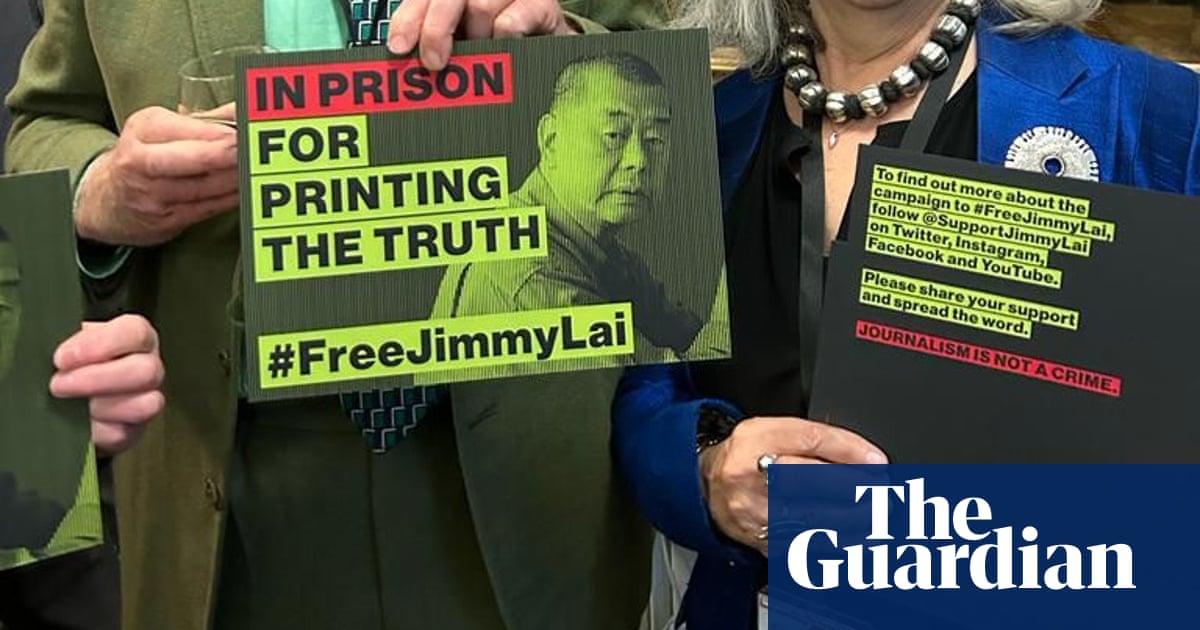
When authoritarian regimes come up against grassroots protesters, both find themselves in an uncomfortable place. Last weekend proved this once more.
In Hong Kong, demonstrations started nine weeks ago in opposition to an extradition law that pro-democracy forces claimed would undermine the Basic Law, the constitutional agreement reached in 1982 between then UK Prime Minister Margret Thatcher and her Chinese counterpart Zhao Ziyang.
The Basic Law underlines Hong Kong’s special relationship with China, commonly referred to as “one country, two systems,” and its signing was central to the UK’s handover of the territory in 1997.
The last mass protests in Hong Kong took place in 2014 with the so-called umbrella movement. Then it was students and young people demanding more democracy. Now, support for the protests has been broader with business leaders also opposing the extradition treaty amid warnings that it could lead to tighter control from Beijing — a move that would damage Hong Kong’s economy.
Despite the permanent suspension of the extradition law and an offer by Carrie Lam, the city’s chief executive, to resign, Hong Kong’s protests have become increasingly agitated, turning violent at times. The Chinese government watched as Hong Kong"s Parliament was invaded and business district immobilized.
A general strike on Monday, which again crippled the business district and forced the cancelation of hundreds of flights, did not help. The Chinese government, the foreign ministry and Lam have warned that this situation cannot continue. It seems only a matter of time before Beijing is forced to intervene. This has not happened so far only because “one country, two systems” offers economic benefits to China. If economic activity declines and that benefit evaporates, Hong Kong will lose its usefulness to Beijing.
Meanwhile, Moscow has also seen mass protests. Demonstrations have taken place with increased frequency throughout Russia since 2017 in anger at corruption in government and a rise in the retirement age.
Over the past two weeks protests in the capital have voiced anger at lack of access to the city"s municipal elections. These are more akin to the 2012 demonstrations opposing Vladimir Putin’s return to the presidency because of the threat it represented to civil rights. Opposition leader Alexander Navalny was arrested for 30 days.
In the longer term, recent protest movements have shown that many want to break free from excessive state control.
Cornelia Meyer
Last weekend’s demonstrations in Moscow were met with force, with more than 1,000 people arrested and taken into custody. Sergey Sobaynin, the city’s mayor and a confidant of the Russian leader, is now considering bringing charges for mass unrest against selected demonstrators that could result in their imprisonment for up to 15 years. The UN has condemned the excessive use of force against the protesters.
What do these demonstrations in two of the world’s greatest cities have in common? In both cases, grassroots demonstrators oppose what they see as a repressive regime. In Moscow, they oppose the status quo. In Hong Kong, they act out of fear of losing civil liberties and a de facto takeover by what they see as a repressive regime. In both cases, NGOs, such as Human Rights Watch, support the demonstrators and the Western media show sympathy for their plight. The Russian and Chinese governments also condemn the protests and accuse foreign institutions, particularly the US government, of stirring things up. The “foreign forces” vehemently deny any involvement.
The demonstrators will have the NGOs behind them, but should not expect much more. Both China and Russia are members of the UN Security Council, which gives them the power to veto any potential resolution if the situation spins further out of control. The US, too, will not support them vociferously. Unlike his predecessors George W. Bush (who had wide-ranging democracy programs) and Barack Obama, President Donald Trump does not have a single pro-democracy gene in his body. Indeed, he seems to admire autocrats such as Putin or North Korean dictator Kim Jong Un. The business at hand with China concerns trade disputes and, with Russia, the withdrawal from the INF arms control treaty. This leaves no room for considering the plight of demonstrators or lofty ideals of democracy.
The British should have an interest in what happens to Hong Kong’s Basic Law, but, alas, there is Brexit, which is dominating the British political agenda. Prime Minister Boris Johnson’s vow to leave the EU on Oct. 31 puts him under pressure to sign trade agreements with countries like China. Hong Kong’s Basic Law is the least of his concerns.
Where does this leave us? In the short term, the strong arm of the state will prevail. In the longer term, recent protest movements have shown that many of their citizens want to break free from excessive state control. This desire for greater freedom cannot be suppressed over time. The human spirit is resilient. We shouldn’t forget that even the Berlin Wall crumbled after four decades of oppression.
There will be costs associated with these struggles. Let us hope that Hong Kong and its indomitable spirit of entrepreneurship survives. Moscow is much less fragile. It survived the czarist empire, Stalin’s great terror, communist regimes and two world wars. If there has ever been a survivor, it is Moscow with its beauty and splendor.












